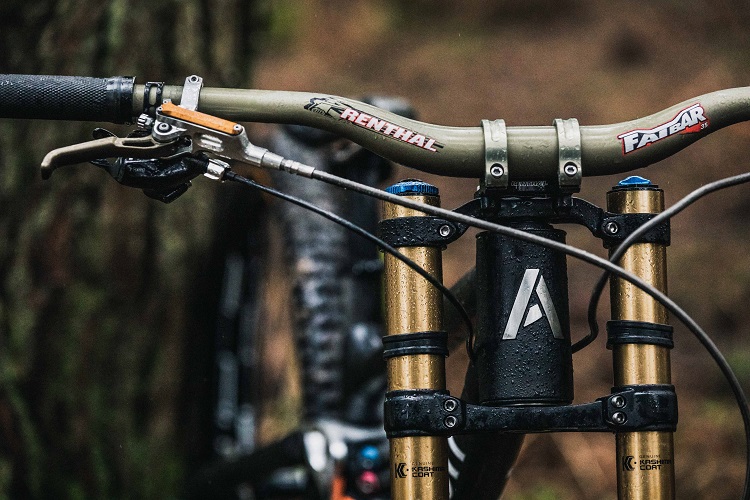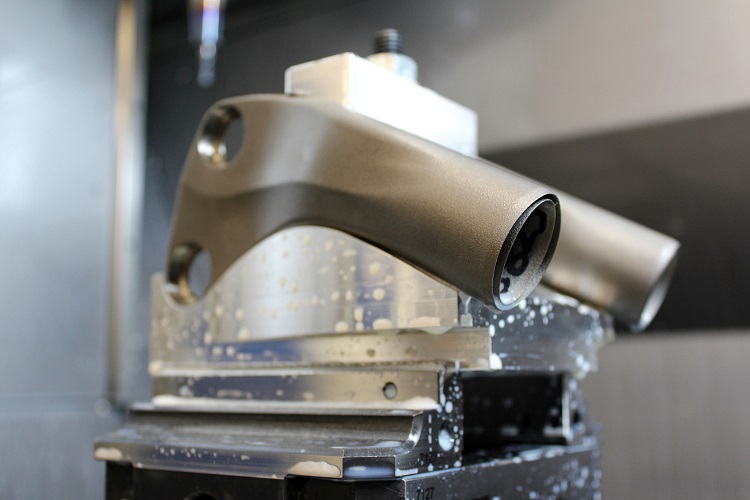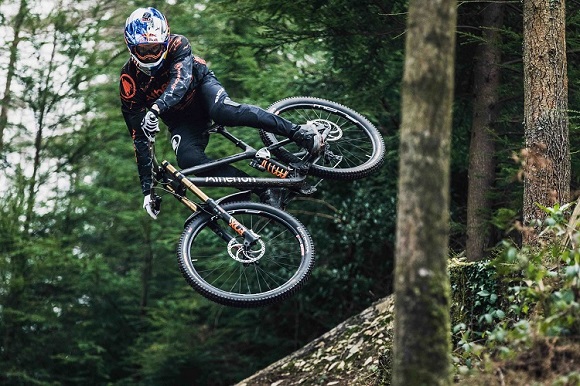Some of the world’s best mountain biking trails can be found in Wales. Machynlleth-based Atherton Bikes, which makes bike parts optimised for each rider, is capitalising on its location by using its surrounding environment to help and inspire the design, manufacture and testing processes.



Customers are able to ride or drive three miles to the Atherton-designed Dyfi Bike Park to test the bikes on challenging terrain, so any adjustments can be made. Providing accessibility for customers to visit the manufacturing facility and to test the bikes in the Welsh mountains was important to Atherton, so it decided to set up all manufacturing operations in its Machynlleth facility.
“Since our move to Machynlleth, we have had some great feedback from our customers,” said Dan Brown, Co-founder of Atherton Bikes. “Lots of our customers choose to pick up their bikes from our office and spend the day in the local bike park putting it to the test. We are able to manufacture bikes in Wales and apply a level of care and detail similar to what our World-Champion winners would receive at the top of their careers.”
Atherton’s bespoke bike frames are adapted during manufacturing and each component needs to be adapted to make the bike robust and durable, including the lug. Manufacturing a lug using traditional methods, such as casting, posed a challenge because bespoke casts can be a costly and time-consuming process.
To build the best bikes and meet riders’ specific needs and tackle this problem, Atherton Bikes collaborated with global engineering technologies company Renishaw to develop in-house additive manufacturing (AM) processes.
Atherton chose to use additive manufacturing because of its fully digital process, which allows the team to easily modify bike lugs in CAD and produce bespoke components easily. It collaborated with AM specialists at Renishaw to hone the manufacturing techniques and the final product, modifying the process based on feedback from the riders as they tested the components on harsh terrain.
After a few years of success with the AM production process, Atherton wanted to manufacture the whole bike on-site in Wales. It turned to Renishaw for support and decided to invest in its own in-house RenAM 500Q metal AM system, which reduced the cost and time it takes to produce bespoke parts, creating a smooth and reliable process compared to traditional bike manufacturing methods.
“The RenAM 500Q has been an industry-leading machine for some time, so there was no question about the technology we were going to invest in because we had already built our business model around the system,” explained Dan.
“Supporting Atherton through the initial design and prototyping and onto the race circuit and mass distribution has proven the bespoke and high demand manufacturing capabilities of the RenAM 500Q,” explained Bryan Austin, Director of Sales at Renishaw. “Atherton’s newly installed machine and the support of our expert engineers will allow Atherton to continue its journey as an industry innovator and grow from strength to strength as its products continue to develop.”





